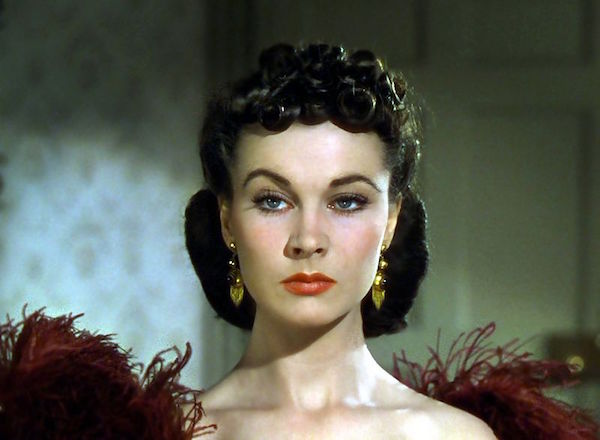You may not have heard of her, but the chances are excellent that she changed your life.
Joani Blank was, among many other things, the founder of Good Vibrations, the feminist sex toy store. You might be thinking, “Which feminist sex toy store? There are so many!” There are now. There weren’t in 1977. Good Vibrations was only the second one in the United States (the first was Eve’s Garden in New York). The roaring success of Good Vibrations made it clear that women cared about sex and wanted to improve their sex lives — and that sex shops didn’t have to be sleazy, shameful holes in the wall with shoddy goods. If you’ve ever bought sex toys, sex information, erotica, lube, or other goodies in a pleasant, shame-free environment (brick-and-mortar or online), one that welcomed men but focused on women, your life was changed by Joani Blank. She died of pancreatic cancer on August 6, 2016.
Like tens of thousands of women, I bought my first vibrator at Good Vibrations. I screwed up my courage and walked into the store, excited but nervous and embarrassed — and found a clean, well-lighted place where sexual products were sold openly and without shame, with clear information about which product did what, and a well-informed staff that would help you make your decision as if sex was healthy and entirely ordinary. The store Joani founded did more than just sell sex products. It changed the way people see sex. She shaped tens of thousands of lives. Probably hundreds of thousands. Continue reading “Joani Blank, 1937 – 2016: A Sex Positive Pioneer is Gone”










